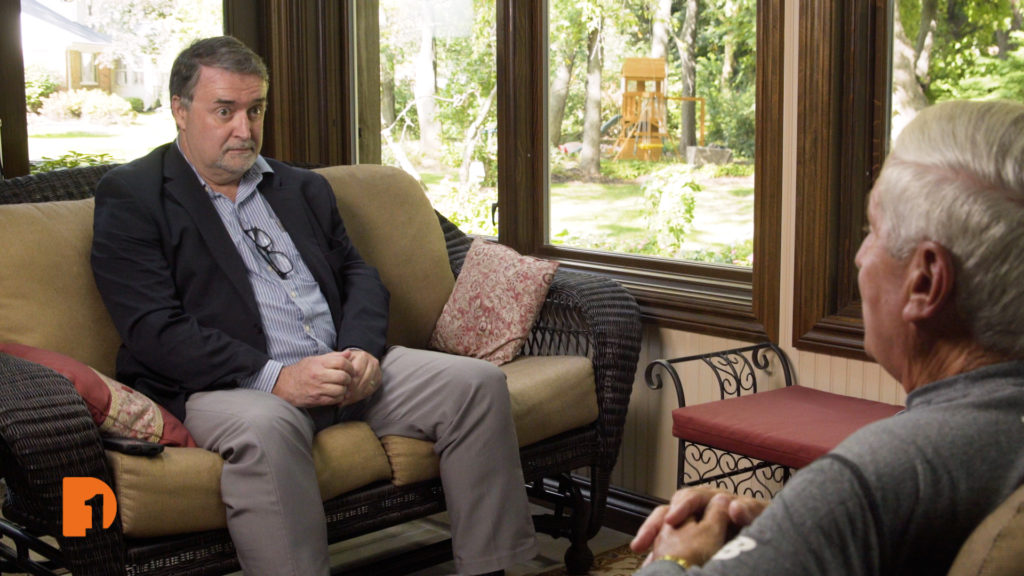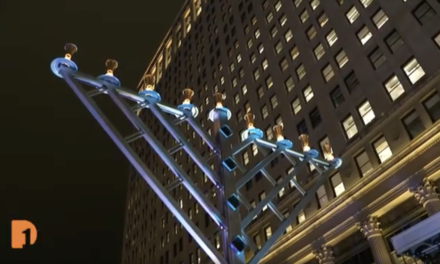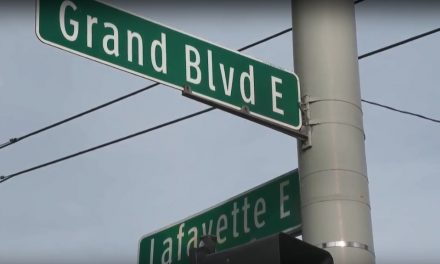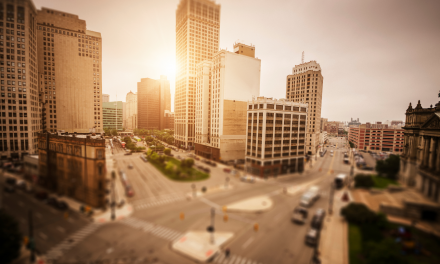Absentee voting or in-person? That’s one of the key questions on many Michigan voters’ minds heading into the 2022 midterm election season. Others include the right to reproductive freedoms, including an individual’s right to make decisions on pregnancy and abortion, the economy, and who may lead Michigan as the next governor of the state. While some voters are leaning into party lines, other voters are still undecided.
RELATED: Certifying an Election: Public Voting Accuracy Test Educates Voters on Election Process
RELATED: Behind the Ballot Box: Detroit Election Inspectors Receive Training Ahead of 2022 Primary
One Detroit has teamed up with the Detroit Free Press political team for an in-depth look at what voters are thinking ahead of the Nov. 8 midterms. Detroit Free Press Lansing Bureau Chief Paul Egan and One Detroit senior producer Bill Kubota talk with Michigan voters from across Wayne, Oakland and Macomb counties about who they’ll cast their ballots for and where they land on the key issues.

Detroit Free Press Lansing Bureau Chief Paul Egan, right, talks with a Oakland County, Michigan voter in his home during the 2022 midterm election season. | Photo by One Detroit
This story coincides with One Detroit 1-hour election special episode with the Detroit Free Press. Watch “Beyond the Ballot Box: A One Detroit Election Special with the Detroit Free Press.”
Full Transcript:
Paul Egan, Lansing Bureau Chief, Detroit Free Press: So President Trump’s made a lot of claims about the 2020 presidential election, that there was a lot of fraud and that it was stolen from him. How do you feel about all those claims?
Julie Gavigan, Independent Voter, Livonia: Well, if the claims are investigated, which they say they are, there’s not really much one can do about that either way. So what’s already done is done. There is no need to keep dredging it back up. It’s not going to do anybody any good. It’s a waste of taxpayer money and time.
Paul Egan: Do you feel confident that when you cast your ballot that it’s going to be accurately counted and that your vote will really count like it should?
Julie Gavigan: Let’s hope because there have been some accusations of that in the past, that somebody will be overseeing that. That needs to be this time much more than last time. Let’s hope there’s a little more checks and balances going on and it’ll be a little more transparent than it was to begin with.
Paul Egan: Do you think that voting absentee or through the mail is any more or less secure than voting in person at the polls?
Julie Gavigan: It depends on what your view is. If you don’t have an opportunity to go to the polls, then absentee is better than not voting.
Michelle Spencer, Democratic Voter, Detroit: I’ve been voting absentee. It started because I wasn’t going to be able to go to the polls on that particular day. So I started getting absentee ballots. It’s so much easier. I don’t have to stand in line. When we had the Obama election, I stood in line for hours.
Richard Peluso, Republican Voter, Troy: Having come from Chicago, the adage of vote early and vote often was 40 years ago, 50 years ago. Mayor Daley ran Chicago and that was sort of a chuckle. But there was more to it than that, really. I think we’ve degraded the whole voting process by extending the amount of time that you can vote.
It’s hard to think that even though the population of the United States is probably now worth 300 million, it might have been 200 million 50 years ago. How is it that without computerization, we could count ballots in by midnight or very early into the next morning? We would have winners decided and everybody voted on one day.
Now a substantial number of people will vote absentee. It’s not that I disagree with absentee voting to be used in the right way. You know, offshore military, people that are infirm and sick, and in those kinds of situations. But any time that you’re going to take ballots over an extended period of time, it just makes me a tad concerned about the effectiveness and the legitimacy of those kinds of votes being cast.
Paul Egan: So do you trust the system?
Julie Gavigan: I trust it now more than I did before because hopefully there will be some more overseeing because of what’s happened.
Paul Egan: It sounds like, and I’m not trying to put words in your mouth, you feel that if somebody is able-bodied, it’s a civic duty to show up at the polls and vote.
Richard Peluso: I 100% agree with that. My wife and I will do that. Even when I was working, I would take time from work. And we just go get in line either early or late. And you can see your fellow neighbors in there and it’s an opportunity to kind of catch up, not so much about politically what did you do, but to be seen at the voting booth rather than dropping an envelope in the mail and really wondering where’d it really go and is my vote truly going to be counted in that situation?
Michelle Spencer: In my opinion, I think they want certain areas, and by certain areas we mean Democrats, especially in the urban areas, to go stand in line. Stand in line for hours and hours at a time.
Paul Egan: How do you expect you’ll cast your vote in November?
Julie Gavigan: I’ll probably vote absentee this year, more than likely.
Paul Egan: And why?
Julie Gavigan: Probably because of time constraints. And it just depends on the COVID situation as well, as far as exposure and time of the polls.
Stay Connected:
Subscribe to One Detroit’s YouTube Channel & Don’t miss One Detroit Mondays and Thursdays at 7:30 p.m. on Detroit Public TV, WTVS-Channel 56.
Catch the daily conversations on our website, Facebook, Twitter @DPTVOneDetroit, and Instagram @One.Detroit
View Past Episodes >
Watch One Detroit every Monday and Thursday at 7:30 p.m. ET on Detroit Public TV on Detroit Public TV, WTVS-Channel 56.




